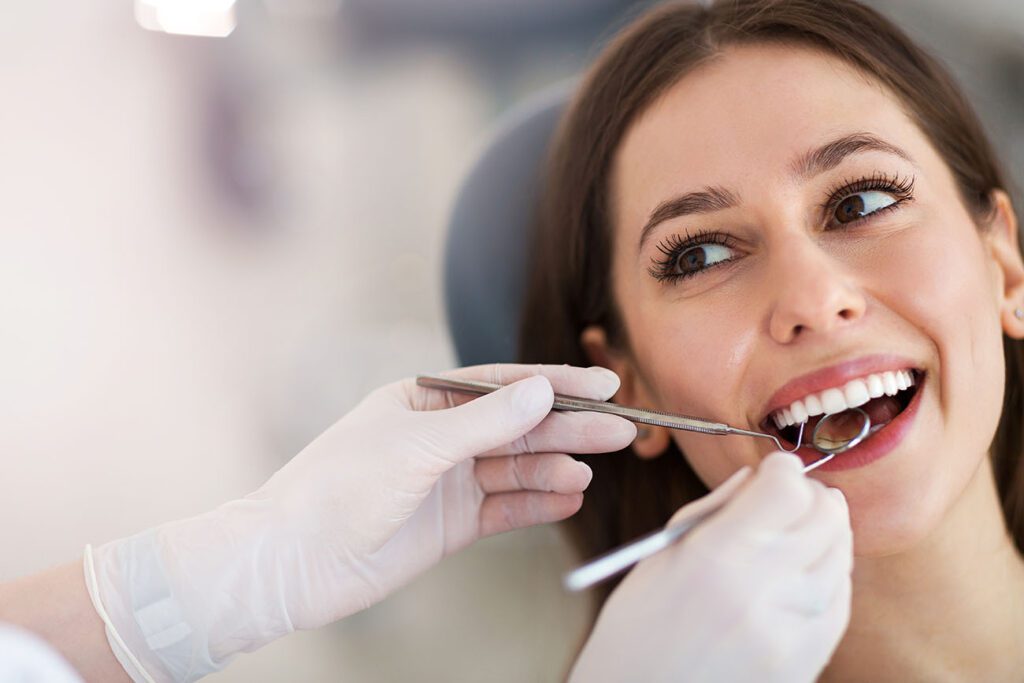Brushing and flossing your teeth at least twice a day can help remove a majority of plaque and food particles from your mouth. However, even if you have a good oral hygiene routine, it’s nearly impossible to remove all plaque and tartar from your teeth. A routine visit to a dentist in Palmdale, CA, can help ensure your teeth and gums are clean and healthy. More than that, regular dentist visits are also crucial for catching the early warning signs of a dental condition. By seeing your dentist at least every six months, you can help keep your oral health high.

The Benefits of Seeing a General Dentist in Palmdale, CA
Going to the dentist can sometimes feel like a chore, but it’s a necessary one. Preventative dentistry is a key part of your oral health. A routine visit can help prevent gum disease, tooth decay, and other common dental concerns. It’s also where many early symptoms of damage are caught. By identifying dental problems early on, you may be able to avoid invasive and expensive procedures. Everyone’s mouth is different, but most patients should ideally visit their dentist twice a year for the best oral health results.
Deep Cleaning
Brushing and flossing can remove a majority of the plaque on our teeth. However, it’s often not enough alone to fully clean our teeth and gums. Even if you use a mouthwash, there’s still a small percentage of plaque that typically gets left behind. Over time, this small percentage can build up, creating stores of plaque and tartar that can negatively affect your oral health. Your dentist uses specialized tools that are designed to give your teeth and gums a deep cleaning. By visiting your dentist regularly to remove plaque and tartar buildup, you help regulate the acid levels in your mouth and work towards preventing decay and disease.
Early Intervention
Many dental problems can be fixed early on with the right kind of treatment. But if you don’t know there’s a problem, it can grow out of control. For example, say you have a cavity. Many smaller cavities are often unnoticeable, meaning you may not feel pain or sensitivity until it starts to grow. However, your dentist trained to identify the visual signs of dental decay. If they can catch the cavity while it’s still small, you may be able to rectify the issue with a simple dental filling. But if you wait too long to visit a dentist and don’t catch the cavity early on, the decay can continue to spread. Given enough time, you may need more extensive treatment, such as an inlay, onlay, or dental crown. Visiting your dentist regularly could help you get the early intervention you need to prevent worsening dental conditions.
If you haven’t been to the dentist in a while, Premier Dental Care is here to help you get your oral health back on track. Call us today at (661) 231-7031 to schedule an initial consultation and cleaning.
